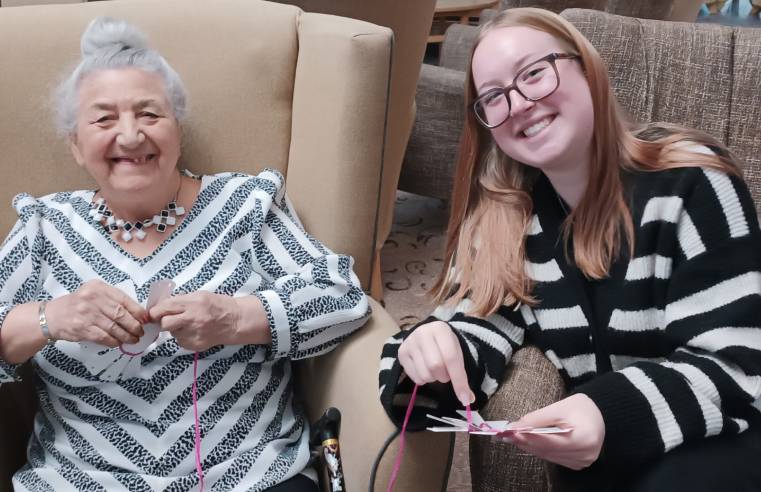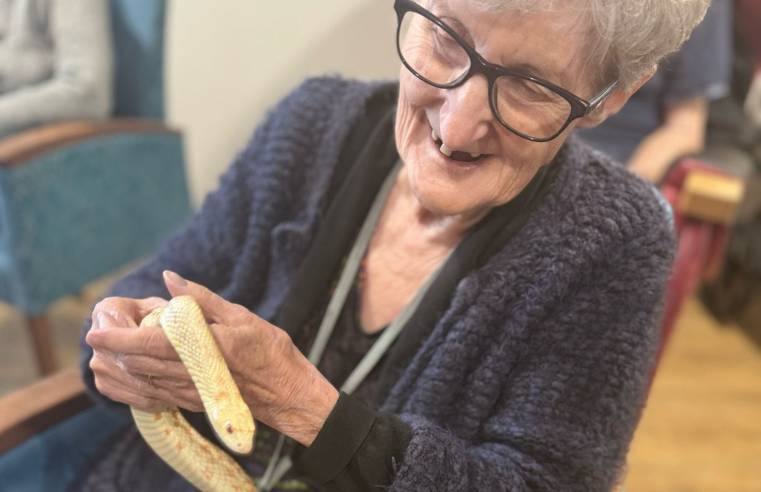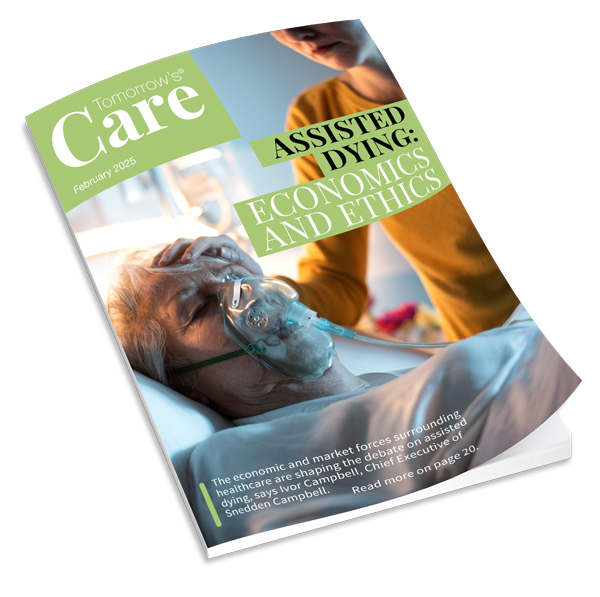A gene which increases the risk of Alzheimer’s disease by up to 10 times will be the subject of a new research hub at the University of Sussex funded by Alzheimer’s Society.
The £700,000 partnership between the charity and the university will enable eight PhD students to unpick the role of the gene APOE4 in the risk of developing Alzheimer’s, looking at how different forms of the gene affect the brain throughout life.
The award comes as part of almost £5 million in new funding led by Alzheimer’s Society to create the next generation of dementia researchers to develop new treatments and improve care for the condition.
The funding will create a network of Doctoral Training Centres at universities across the UK to enable the best scientists to tackle some of the most pressing issues in dementia.
The Doctoral Training Centres will be split between biomedical and care research, recruiting 53 PhD students from a variety of academic and clinical backgrounds to bring fresh perspective to dementia research. The new centres are part of the £100 million Alzheimer’s Society plans to spend on research into the condition over the next decade.
Dr Doug Brown, Director of Research and Development at Alzheimer’s Society, said:
“For too long dementia research has been underfunded and, as a result, we have significantly fewer scientists than other conditions with six times more people working in cancer than dementia.
“If we’re going to defeat dementia we need to give the best brains the right opportunities and build a research workforce that is fit for the future. That’s why we’re proud to be announcing the largest investment of its kind, which will see £5 million committed to create the next generation of dementia researchers.”
























